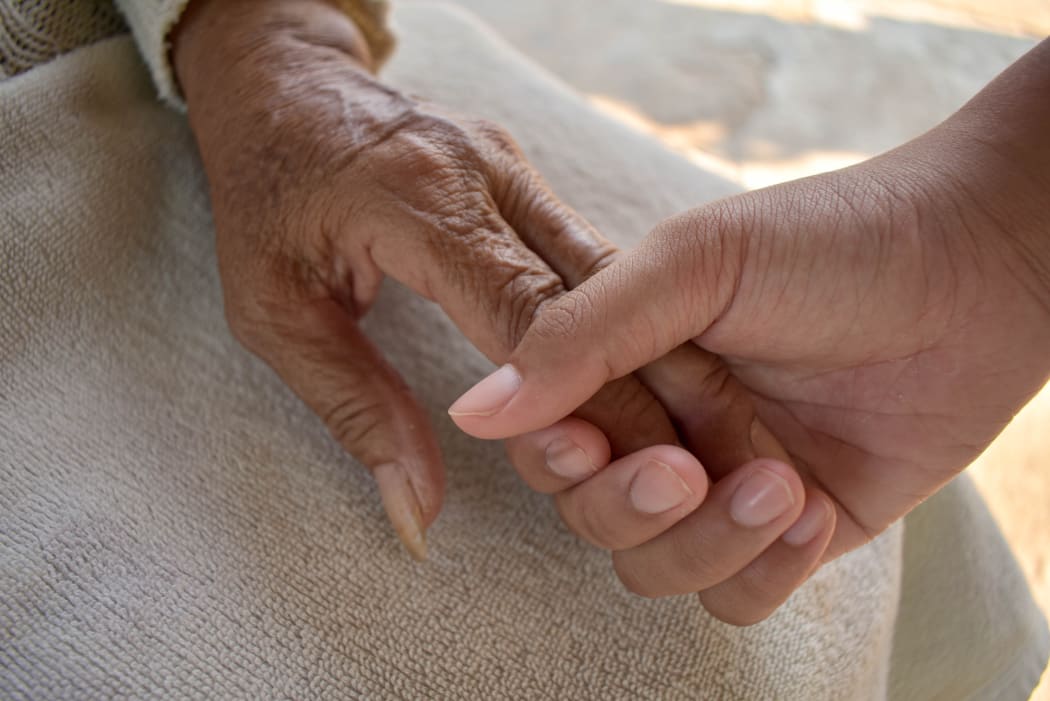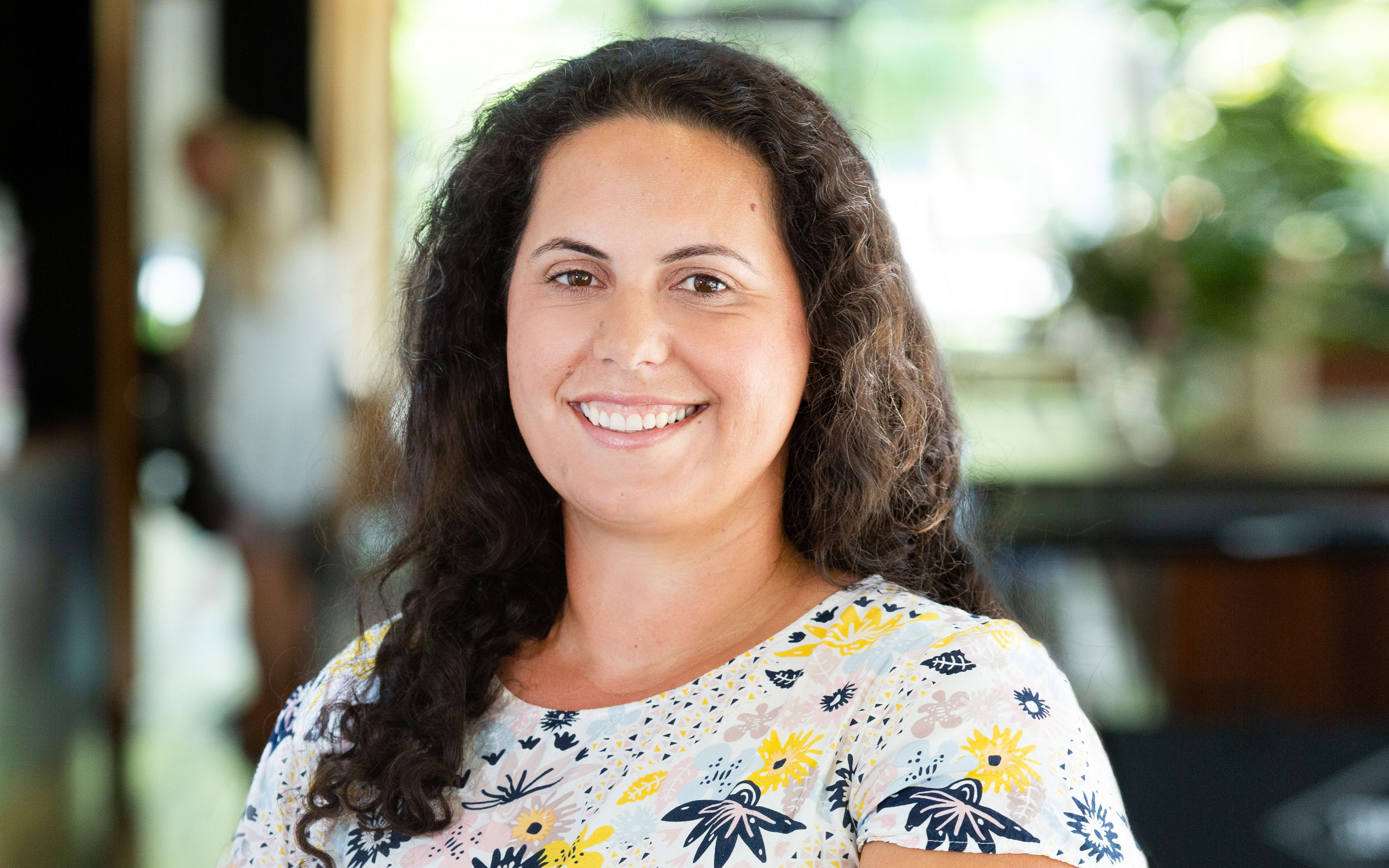The experiences of older Māori in aged residential care are at the centre of a new report aiming to improve access to quality care for kaumātua and their whānau.

(File image) Research co-author Joanna Hikaka says kaumātua need to feel the presence of Māori cultural values and practices to thrive in aged residential care. Photo: 123RF
The new research, released by the Health Quality and Safety Commission, states the number of Māori entering aged care has decreased and being cared for by family members is often seen as the first option.
Dr Joanna Hikaka, one of the Auckland University research authors, said kaumātua were underrepresented in aged residential care (ARC) due to a lack of cultural safety.
They need to see, hear, and feel the presence of Māori cultural values and practices to thrive in ARC, Dr Hikaka said.
"As a pharmacist, I worked for almost 10 years in the aged residential care sector, so being in that sector you do hear the voices and stories of various kaumātua and whānau and know that things need to be better," she said in a statement.

Dr Joanna Hikaka. Photo: Supplied
"There's the lack of option, either culturally safe mainstream services or kaupapa Māori services.
"There's often a lot of mamae associated with decisions around aged residential care, we often hear the expression 'Māori don't access aged care because they care for their own' and although that may be the case for many, it's not always the case."
Dr Ngaire Kerse co-authored the research, which drew from Māori and non-Māori researchers in the sector as well as literature and personal experiences of whānau.
The report emphasised the need for a sustainable Māori workforce within aged care, which can support cultural and clinical expertise, and acknowledged the positive impact of Māori cultural values and tikanga when incorporated.
Dr Hikaka said ARC needed to be more flexible and reflect not only today's demographic but those in ARC moving into the future.
There needed to be alternative options that could be led by Māori governance and meet the cultural and care needs of kaumātua and their whānau, she said.
"If we're creating kaumātua-led and whānau-led care options then I'm hoping things will be more positive in that space and Māori will experience the benefits that come from aged residential care or similar type models which might not be sitting within that traditional western model of ARC," she said.
"It is likely for many that these types of services will ideally sit outside the traditional ARC model and instead be more aligned with traditional Māori models of whānau living and thriving together as a community.
"I look with hope to the health reforms to provide mechanisms where this can be better recognised and achieved."
The report also noted equity issues where the financial support offered for care is lower among Māori compared to non-Māori.
It recommended a pro-equity approach where informal care of kuia and kaumātua carried out by whānau is acknowledged and reflected in financial resourcing.
Health Quality and Safety Commission board chair Dale Bramley said they supported the recommendations and would work to acknowledge broader versions of aged care.
The commission would be encouraging a focus on the recommendations not only for ARC, but right across the health system, Dr Bramley said.
"We welcome this research. It's an important first step in understanding issues for Māori in using ARC services and we recognise it has highlighted broader implications for ageing Māori," he said in a statement.
"As part of our ongoing planning, we will consider extending our current ARC-focused quality improvement work more broadly, to incorporate the quality of services for older people, regardless of where these are delivered."
The research co-authors say more needs to be done to empower and uplift the voices of kaumātua and whānau to discuss what needs to change and be improved.
"We need to be elevating the voices of kaumātua and whānau in this conversation," Dr Hikaka said.
"There's so many positives to be had and it's going to require change across the whole sector and understanding that this is not just in health but in housing, employment, education and all those kinds of things.
"Māori rest homes could be quite fun places to be."




